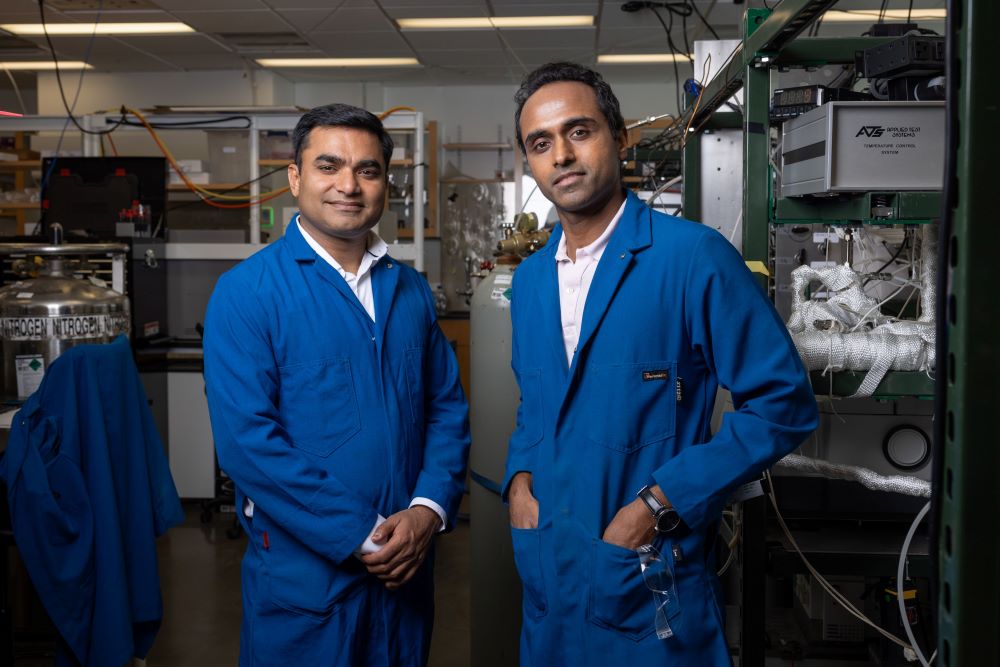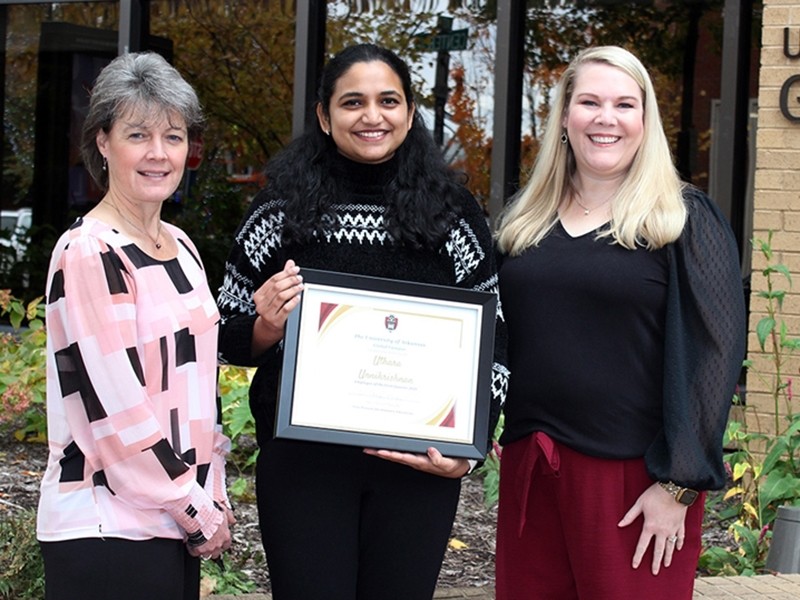Our Bureau
Houston, TX
A University of Houston-affiliated project that has the potential to transform sustainable fuel production was selected to receive $3.6 million from the U.S. Department of Energy’s Advanced Research Projects Agency-Energy. The project was led by Rahul Pandey, a University of Houston alumnus and Vemuri Balakotaiah and Praveen Bollini, faculty members of the University of Houston.
The project titled “Printed Microreactor for Renewable Energy Enabled Fuel Production” or PRIME-Fuel, aims to develop a modular microreactor technology that converts carbon dioxide into methanol using renewable energy sources. UH, a Carnegie-designated Tier One public research institution, is contributing essential research needed for the project.
Low-carbon fuels cost about $10 per gallon, but using cheaper electricity from sources like wind and solar can lower production costs. It will also create opportunities for smaller communities with renewable resources to invest in affordable and cleaner long-term energy storage solutions.
“We believe that PRIME-Fuel will play a critical role in the transition to sustainable energy solutions,” said Rahul Pandey, senior scientist with SRI and principal investigator on the project. “By harnessing renewable energy to produce methanol, we can help combat climate change while providing valuable resources for various industries by leading to cost-effective and sustainable methanol production.”
Vemuri Balakotaiah and Praveen Bollini, faculty members of the William A. Brookshire Department of Chemical and Biomolecular Engineering, are co-investigators on the project. Pandey, a University of Houston alumnus, earned his Ph.D. from the department in 2015. This shared connection played an integral role in bringing the three together on this project.
“As a proud UH graduate, I have always been aware of the strength of the chemical and biomolecular engineering program at UH and kept myself updated on its cutting-edge research,” Pandey said. “This project had very specific requirements, including expertise in modeling transients in microreactors and the development of high-performance catalysts. The department excelled in both areas. When I reached out to Dr. Bollini and Dr. Bala, they were eager to collaborate, and everything naturally progressed from there.”
“Renewables-to-liquids fuel production has the potential to boost the utility of renewable energy all while helping to lay the groundwork for the Biden-Harris Administration’s goals of creating a clean energy economy,” said U.S. Secretary of Energy Jennifer M. Granholm.

























